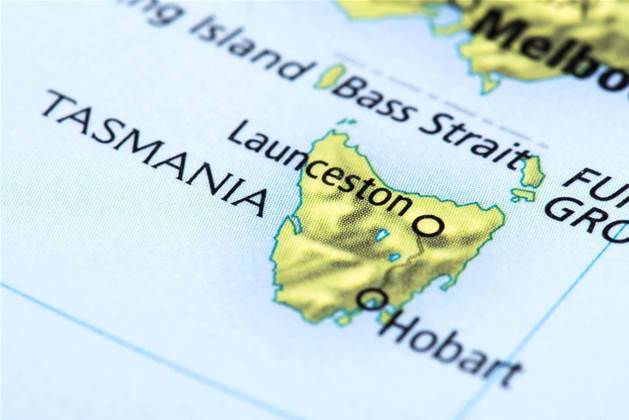The Tasmanian government has relaxed a requirement that agencies use ‘on-island’ cloud services under its newly-released cloud policy.

The new policy [pdf], released alongside the state’s inaugural digital strategy on Friday, “preferences, rather than mandates, the use of on-island cloud services” by agencies.
It replaces the 2015 cloud policy [pdf], which introduced the goal of storing all public sector data in data centres within Tasmania.
“Cloud service and solution options may be located off-island and the risk assessment must include consideration of cyber security and data sovereignty risks,” the policy states.
“Preference will be given to on-island cloud services and solutions assessed as offering equivalent value-for-money and risk profiles as off-island alternatives.”
Under the “cloud-first, value-for-money and risk-based approach”, agencies will be expected to assess cloud services for any new or replacement IT services and solutions going forward.
“Choose cloud services in preference to other options in circumstances where the cloud services represent best total cost of service and mitigation of risk,” the policy states.
This will apply to the full gamut of cloud services, including data centre as a service, infrastructure as a service, platform as a service and software as a services.
They will also need to report their level of cloud service update to the state’s Digital Services Board on an annual basis.
Our digital future
The new rules around the use of on-island cloud services is part of a “more agile approach to the procurement of technology services” introduced in the new digital strategy.
Dubbed 'Our digital future', the strategy [pdf] for digital industry and service transformation is aimed at helping the state “keep pace” with and benefit from the ever-changing digital environment.
Separated into three priority areas, the strategy articulates the government’s vision for “a prosperous and connected Tasmania” across the community, economy and government.
A big part of this is supporting digital inclusion and community wellbeing through new programs to strengthen skills and improve connectivity in rural and regional areas.
Improving the digital economy, which is identified as being central to the state’s pandemic recovery, is also highlighted in the strategy to bolster the Apple Isle’s competitive advantage.
In the government services space, the government hopes to build on prior digital transformation investment by improving how data is managed, shared and analysed.
It will also introduce a “cyber security program that prioritises critical asset protection across government”.
“Growing our ICT industry, skilling our professionals, putting more services online and equipping individuals to use those services is a massive team effort going forward,” Minister for Science and Technology Michael Ferguson said in a statement.
“On that basis I encourage every Tasmanian, every business and every community organisation to look for ways to be involved.”


_(28).jpg&h=140&w=231&c=1&s=0)
_(23).jpg&h=140&w=231&c=1&s=0)
_(33).jpg&h=140&w=231&c=1&s=0)






 iTnews Executive Retreat - Security Leaders Edition
iTnews Executive Retreat - Security Leaders Edition
 iTnews Benchmark Awards 2026
iTnews Benchmark Awards 2026
 iTnews Cloud Covered Breakfast Summit
iTnews Cloud Covered Breakfast Summit
 The 2026 iAwards
The 2026 iAwards












_(1).jpg&h=140&w=231&c=1&s=0)



